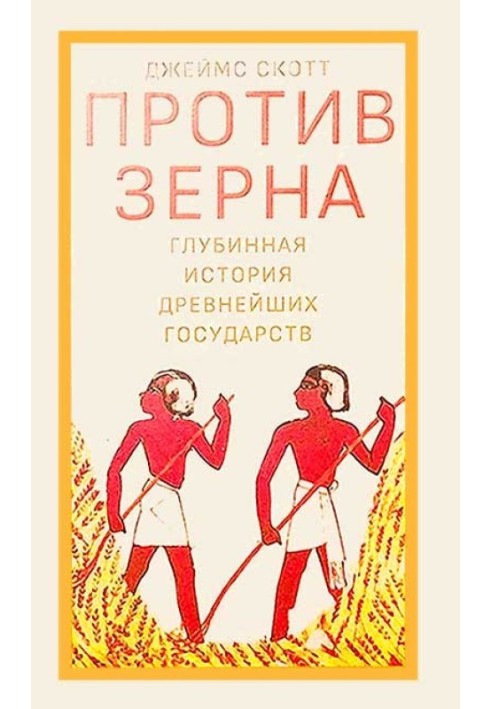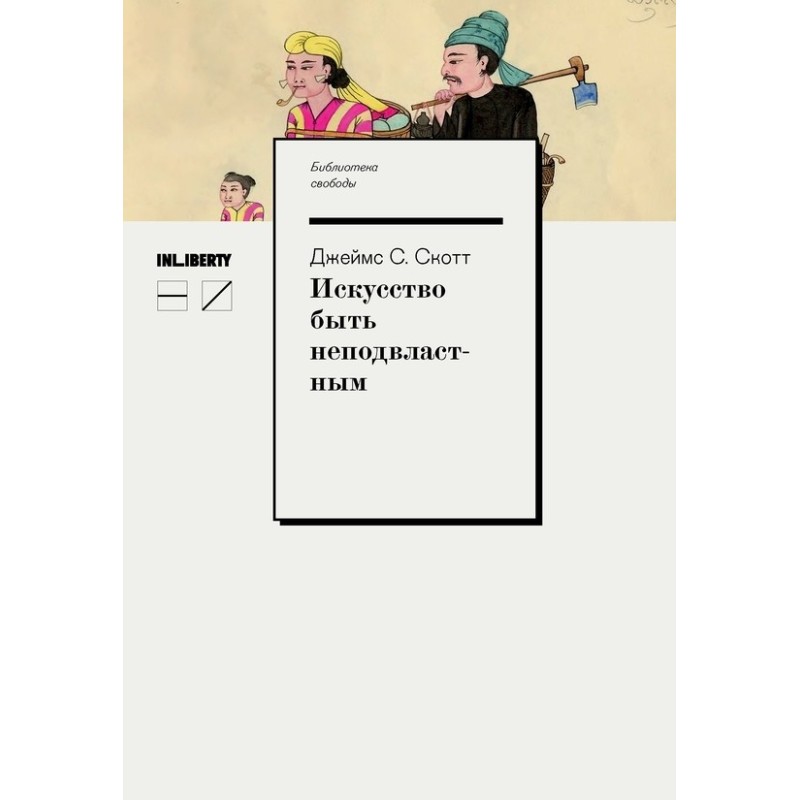Against the grain: the deep history of ancient states
 Instant download
Instant download
after payment (24/7)
 Wide range of formats
Wide range of formats
(for all gadgets)
 Full book
Full book
(including for Apple and Android)
Why did people abandon hunting and gathering for a settled life in societies that were based on crops and livestock and ruled by the predecessors of modern states? Most of us are sure that the domestication of plants and animals allowed people to finally settle down and found villages, cities and states based on agriculture, and the latter, in turn, created civilization, law, public order and, apparently, provided us with a safe life. However, archaeological and historical evidence calls this traditional narrative into question. James Scott believes that the first agrarian states were the product of a set of domestications: first fire, then plants, animals, state subjects, captives, and finally women in the patriarchal family - all these stages of domestication can be seen as a way of gaining control over reproduction. Scott seeks answers to the questions of why we avoided sedentism and plow farming for so long, what were the advantages of mobile economic systems, why crowding of plants, animals and grains had such unforeseen epidemiological consequences, and why all the first states were based on millet, other grains and unfree labor. Scott also considers “barbarians,” who have long eluded state control, and “barbarism” as a tool for understanding the tensions between states and disobedient peoples.
Data sheet
- Name of the Author
- Джеймс С. Скотт
- Language
- Russian
- Translator
- Ирина Троцук
Reviews
Відкриття нових горизонтів у розумінні історії
Книга "Проти зерна" - це справжнє відкриття для всіх, хто цікавиться історією людства та його розвитком. Джеймс Скотт майстерно підходить до теми осілого життя та переходу до сільського господарства, ставлячи під сумнів традиційні уявлення про те, як виникли перші держави. Його аналіз археологічних та історичних свідчень змушує читача переосмислити багато аспектів нашого минулого. Автор не просто викладає факти, а й запрошує до глибоких роздумів про те, чому люди обрали осіле життя, і які наслідки це мало для суспільства. Книга спонукає до дискусій про контроль, владу та відносини між "цивілізованими" державами і "варварами". Це не просто наукова праця, а й філософське дослідження, яке залишає враження на довгий час. Рекомендую всім, хто хоче зрозуміти, як наші предки формували світ, в якому ми живемо сьогодні.
















